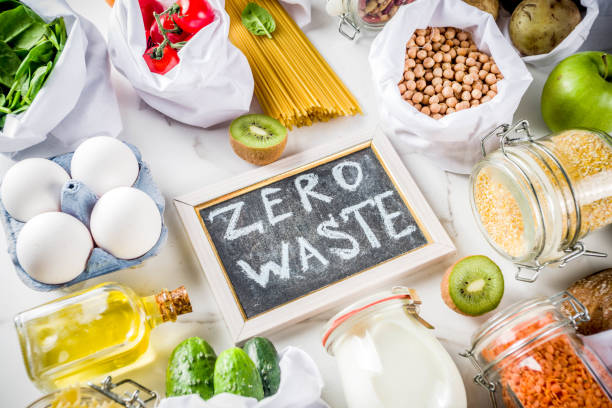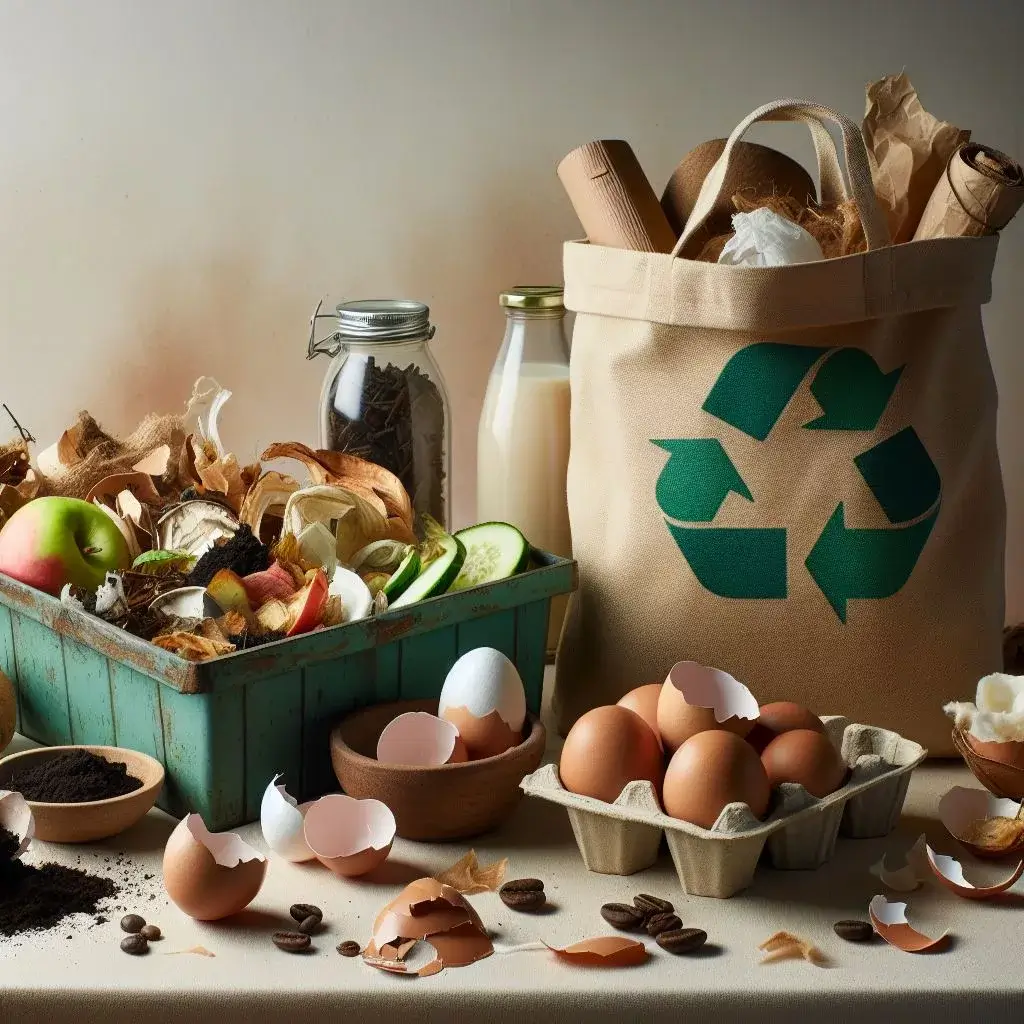In a world where environmental concerns are increasingly taking centre stage; a growing community of individuals are making conscious efforts to reduce their ecological footprint by adopting a zero-waste lifestyle. These committed individuals, often referred to as Zero Waste Lifestyle Followers, are at the forefront of a movement that seeks to minimize waste generation, embrace sustainable practices, and foster a deeper connection with the environment.
In this article, we will explore the key principles, challenges, and benefits associated with the zero-waste lifestyle, shedding light on the motivations that drive people to join this eco-conscious community.
Understanding Zero Waste Lifestyle
At its core, the zero-waste lifestyle is a philosophy that encourages individuals to re-evaluate their consumption patterns and adopt practices that generate little to no waste. The movement gained momentum in recent years, thanks to influential advocates like Bea Johnson, whose book “Zero Waste Home” became a guide for those aspiring to live a waste-free life. Zero Waste Lifestyle Followers prioritize the principles of the “5 R’s”: Refuse, Reduce, Reuse, Recycle, and Rot.
- Refuse: The first step in the zero-waste lifestyle involves refusing unnecessary items, especially single-use plastics and other disposable products. By saying no to items that contribute to waste, we reduce the demand for such products and encourage businesses to adopt more sustainable alternatives.
- Reduce: Zero Waste Lifestyle Followers are conscious consumers who actively seek to reduce their overall consumption. This involves making thoughtful choices when it comes to purchasing goods, focusing on quality over quantity, and minimizing the accumulation of possessions.
- Reuse: Embracing reusable alternatives is a cornerstone of the zero-waste lifestyle. From reusable bags and water bottles to cloth napkins and containers, we prioritize products that can be used repeatedly, reducing the need for disposable items.
- Recycle: While recycling is a key component, it is not the primary focus of the zero-waste lifestyle. We understand that recycling has its limitations and can often be energy intensive. Therefore, we prioritize the first three R’s before relying on recycling as a solution.
- Rot: Composting is an essential aspect of the zero-waste lifestyle, allowing us to turn organic waste into nutrient-rich soil. By composting kitchen scraps and yard waste, we contribute to a circular system that returns organic matter to the Earth.
Challenges of Zero Waste Living
Despite its noble goals, adopting a zero-waste lifestyle comes with its fair share of challenges. One of the primary hurdles is navigating a society built on convenience and disposability. Zero Waste Lifestyle Followers often face resistance from a culture accustomed to single-use products and excessive packaging. Additionally, finding package-free alternatives and bulk shopping options can be challenging, depending on one’s location.
Moreover, the zero-waste lifestyle requires a significant shift in mindset and habits, which can be daunting for individuals accustomed to the convenience of disposable items. Balancing a commitment to sustainability with the demands of a fast-paced lifestyle can be a juggling act, and the initial learning curve can be discouraging.

Benefits of Zero Waste Living
Despite the challenges, Zero Waste Lifestyle Followers experience a multitude of benefits, both on a personal and environmental level.
- Environmental Impact: Perhaps the most significant benefit is the positive impact on the environment. By reducing waste generation, we contribute to the preservation of natural resources, the reduction of pollution, and the overall health of ecosystems.
- Financial Savings: Embracing a zero-waste lifestyle often leads to financial savings. By prioritizing second-hand and reusable items, we can cut down on the constant cycle of buying and discarding, ultimately saving money in the long run.
- Mindful Consumption: Adopting a zero-waste lifestyle fosters a heightened sense of mindfulness in consumption. Followers become more intentional about their choices, valuing experiences over possessions and appreciating the true cost of goods.
- Community Connection: The zero-waste movement has spawned a vibrant and supportive community. Followers connect through social media, local meetups, and zero waste events, sharing tips, experiences, and resources. This sense of community provides encouragement and inspiration on the zero-waste journey.
- Personal Fulfillment: Living a zero-waste lifestyle often leads to a profound sense of personal fulfillment. As we align our actions with our values, we experience a greater sense of purpose and satisfaction, knowing that we are contributing to positive change.

Zero Waste Lifestyle Followers are pioneers in a movement that challenges the status quo of our throwaway culture. By adopting the principles of refuse, reduce, reuse, recycle, and rot, we are redefining our relationship with the environment and inspiring others to do the same. While the path to zero waste living may be fraught with challenges, the benefits, both personal and environmental, make it a journey worth undertaking.
As more individuals join the ranks of Zero Waste Lifestyle Followers, the collective impact has the potential to reshape our societies and pave the way towards a more sustainable and harmonious future.
Related Articles
Brought to you by Eco TIGA – Your Friendly Guide to Eco-Friendly Living




This was a really helpful read!I’ve loved the environment and nature for as long as I can remember, and its always been a goal of mine to adapt a zero-waste lifestyle, but despite all that I never did it. The whole zero-waste lifestyle always seemed really overwhelming, it’s like taking your current lifestyle and then flipping it on its head completely. But I found the 5 R’s you mentioned to be really helpful, they really simplify the concept and make it seem much more achievable.Going into 2024, I’m going to work hard to reduce my impact on the planet! Thank you for helping me find the motivation to do so.Wishing you all the best.:)
One small change can make a difference! Thank you for the positivity, much appreciated 🙂